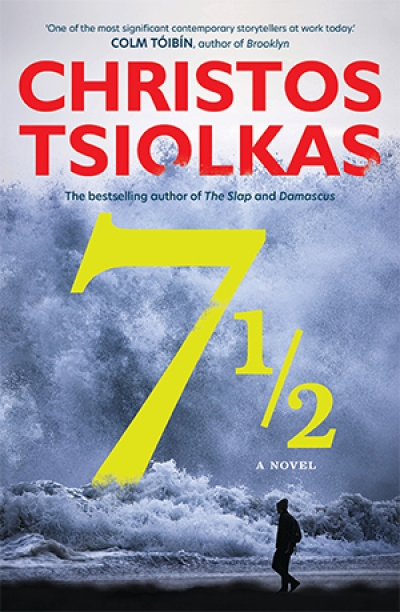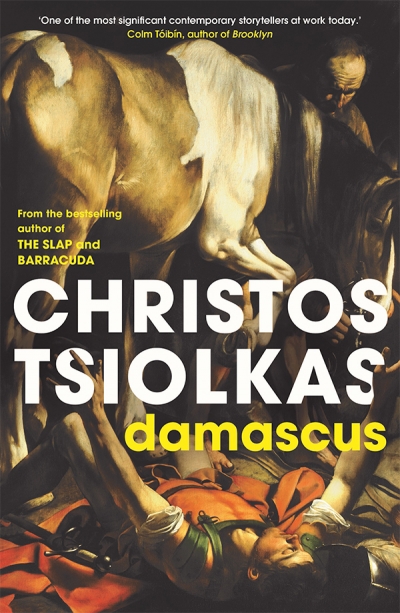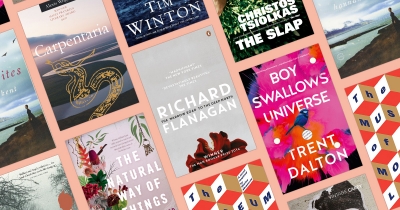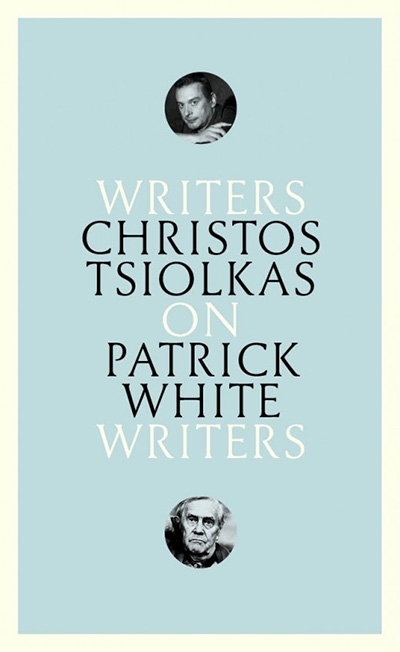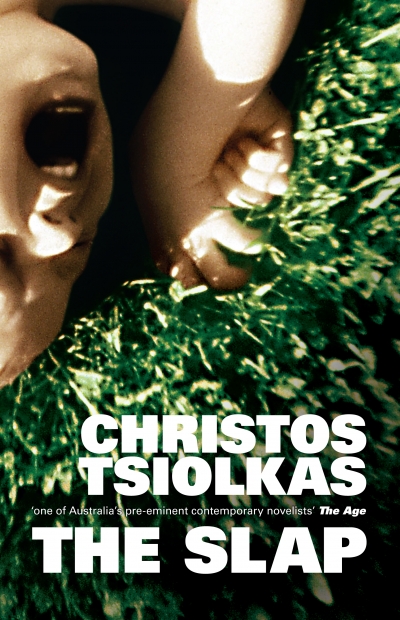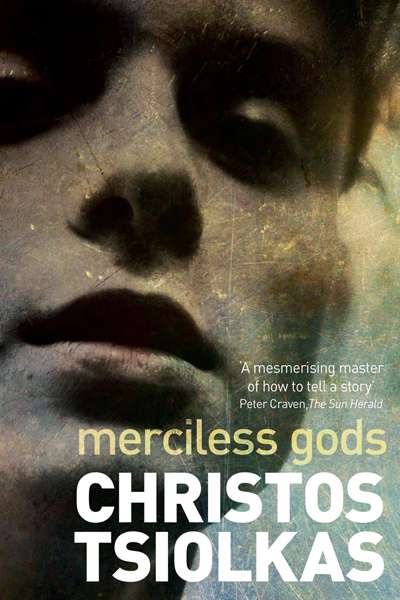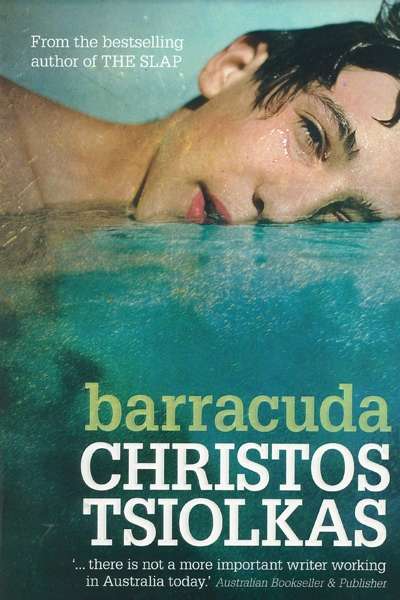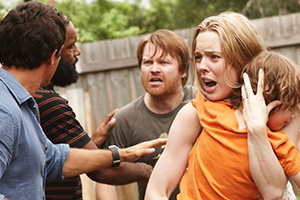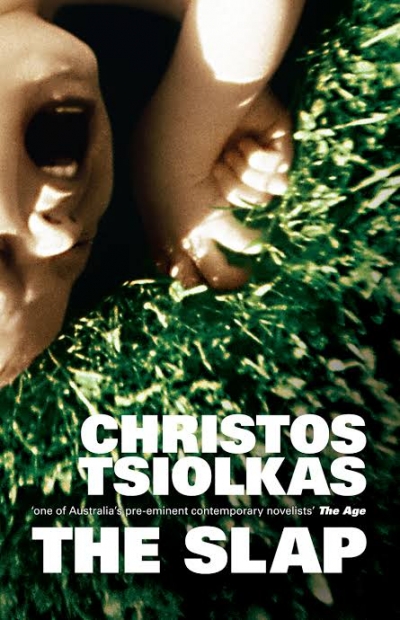Christos Tsiolkas
Ten years after the first ABR FAN Poll, the second one was limited to Australian novels published since 2000 (though we received votes for recent classics such as 1984, Voss, and Monkey Grip). When voting closed in mid-September, Richard Flanagan’s Booker Prize-winning novel The Narrow Road to the Deep North emerged ...
... (read more)The slap that I wanted to deliver with that book was to a culture in Australia that had literally made me sick, sick to the stomach. A middle class culture that struck me as incredibly selfish and ungenerous … I wanted to try and write a book ... that represented that culture. And to do that, honestly, I had to put myself in the middle of it. I also had to put my Greekness in the mid ...
Christos Tsiolkas (1965–) is a Melbourne author, playwright, and screen writer. His début novel Loaded (1995) was made into the film Head-On (1998). Since then he has written five novels, including Dead Europe (2005), which won the Age Book of the Year fiction award, The Slap (2008), which won the 2009 Commonwealth Writer's Prize,
... (read more) ... (read more)

